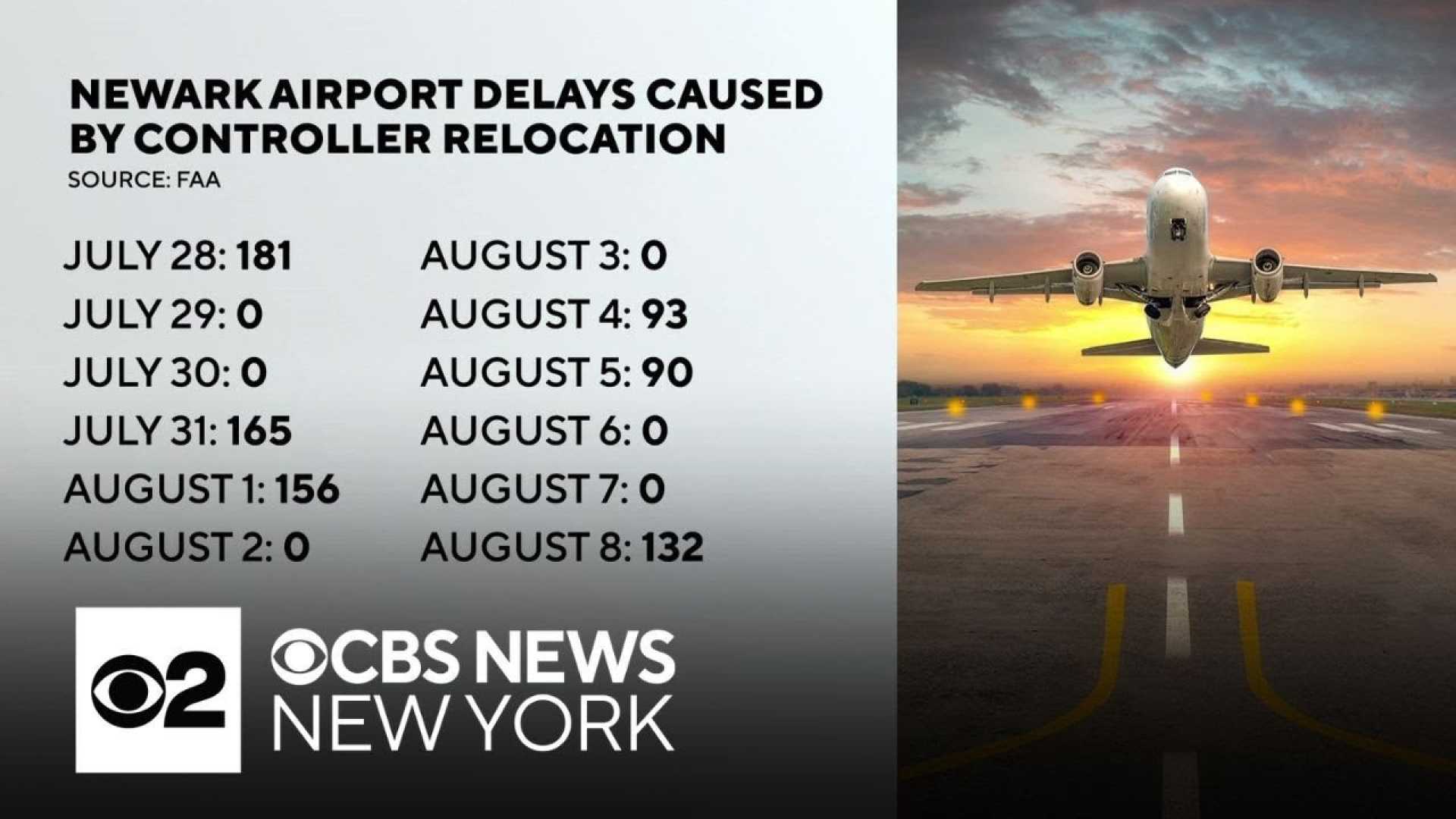News
Major Disruptions Hit Newark Airport Due to FAA Shortages

NEWARK, New Jersey — A series of technical issues at the Federal Aviation Administration (FAA) disrupted air travel at Newark Liberty International Airport on Monday, leading to significant delays and over 35 flight diversions. The troubles began when telecommunications and radar equipment malfunctioned at Philadelphia Terminal Radar Approach Control, which manages air traffic in and out of Newark.
According to FAA officials, the equipment problems prompted a slowdown in arrivals and departures at Newark. By early evening, the equipment issues were resolved; however, the agency revealed that staffing shortages among air traffic controllers were hampering recovery efforts.
“We are currently facing a critical shortage of air traffic controllers, especially around Philadelphia, which is affecting Newark operations,” an FAA representative stated. As a result, travelers faced long wait times at the airport.
One passenger, Sue Han, described her experience as frustrating. Her flight from Los Angeles that was expected to last five hours turned into a nine-hour ordeal. “It was a long… a little longer than expected,” said Han.
Other fliers shared similar sentiments. David Bibeau, who was flying from Memphis, said he spent extra hours circling Allentown, Pennsylvania. “Hours and hours of circling Allentown, banking it and then sitting on the tarmac,” he explained. He expressed a sense of relief when his plane finally landed in Newark.
In response to the disruptions, United Airlines issued a travel waiver to accommodate affected passengers. However, the airline warned that cancellations and delays might continue throughout the day. An official from United commented, “The situation has created a backlog of flights that we are working hard to alleviate.”
The FAA recently extended cuts to minimum flight requirements at congested New York City-area airports, citing ongoing controller staffing shortages. This means airlines may keep their takeoff and landing slots even if they do not meet the usual usage standards.
The National Air Traffic Controllers Association declined to comment on the situation. The ongoing shortage of approximately 3,500 controllers has led to mandatory overtime for existing staff, placing additional strain on an already overworked system.
Despite the frustrations, travelers remained hopeful for improvement as the day progressed. “Never been so happy to be in Newark in my life,” Bibeau remarked, amidst the chaos of delays.












